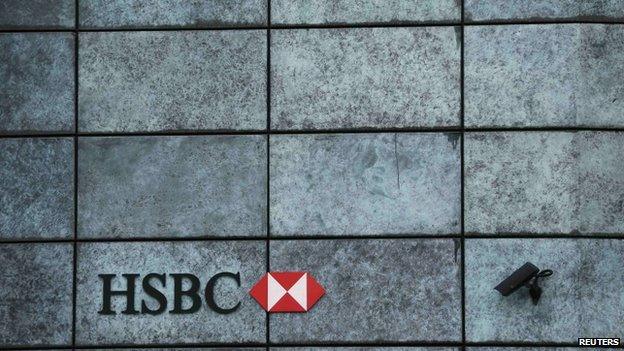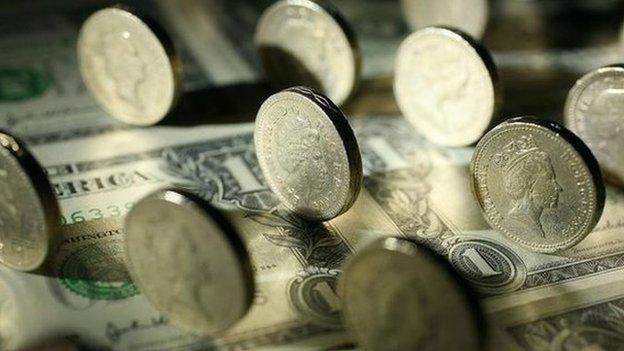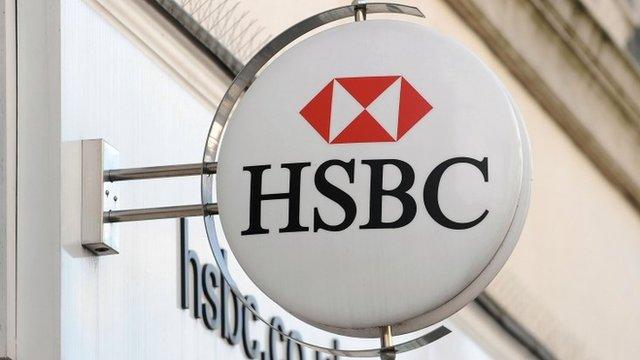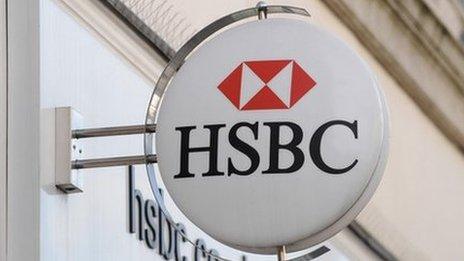HSBC's private banking arm accused of tax fraud by Belgium
- Published

Authorities in Brussels have charged HSBC's private banking arm, which is based in Switzerland, with helping wealthy Belgians to avoid taxes.
Prosecutors allege that hundreds of clients - including diamond dealers in Antwerp - moved money to offshore tax havens with the help of the bank.
They said it resulted in hundreds of millions of euros in lost tax revenue.
In August, HSBC warned that the penalties in relation to such allegations "could be significant".
In a statement, Belgian authorities accused HSBC of "having knowingly eased and promoted fiscal fraud by making offshore companies available to certain privileged clients".
These companies, which are based in Panama and the Virgin Islands, exist for the sole purpose of tax evasion, they added.
Over 1,000 taxpayers are alleged to have been involved in the fraud, which saw funds amounting to several billion dollars transferred out of Belgium since 2003.
Responding to the announcement by Belgian authorities, HSBC said it had been notified of the investigation, and of a similar investigation by French authorities, and that the bank would "continue to cooperate to the fullest extent possible".
'Illegal'
Banks operating in Switzerland are bound by the European Union Savings Directive to counter cross-border tax evasion, by collecting information on the savings income foreign residents receive outside their resident state.
Belgian authorities also published emails and other correspondence between HSBC and Belgian clients, which appear to show the bank offering tax evasion services.
Prosecutor Michel Claise accused HSBC of "fraud, money laundering, criminal association and illegal exercise of the profession of financial intermediary".
In October, Belgian police raided the homes of approximately 20 people with private bank accounts at HSBC's Swiss subsidiary, to gather evidence against the lender.
HSBC has been subject to a series of fines for misconduct in recent years, most recently in relation the manipulation of foreign currency exchange rates.
- Published12 November 2014

- Published3 November 2014

- Published7 May 2014
